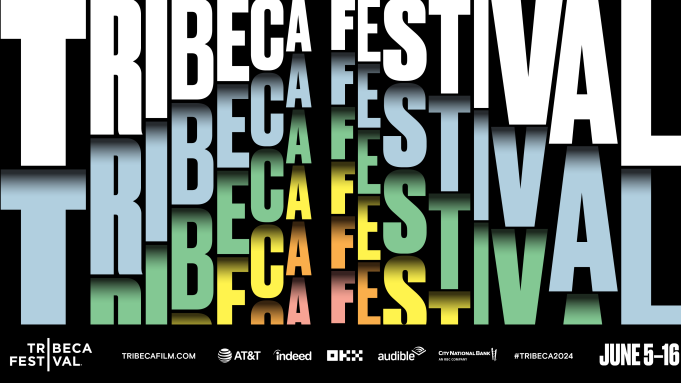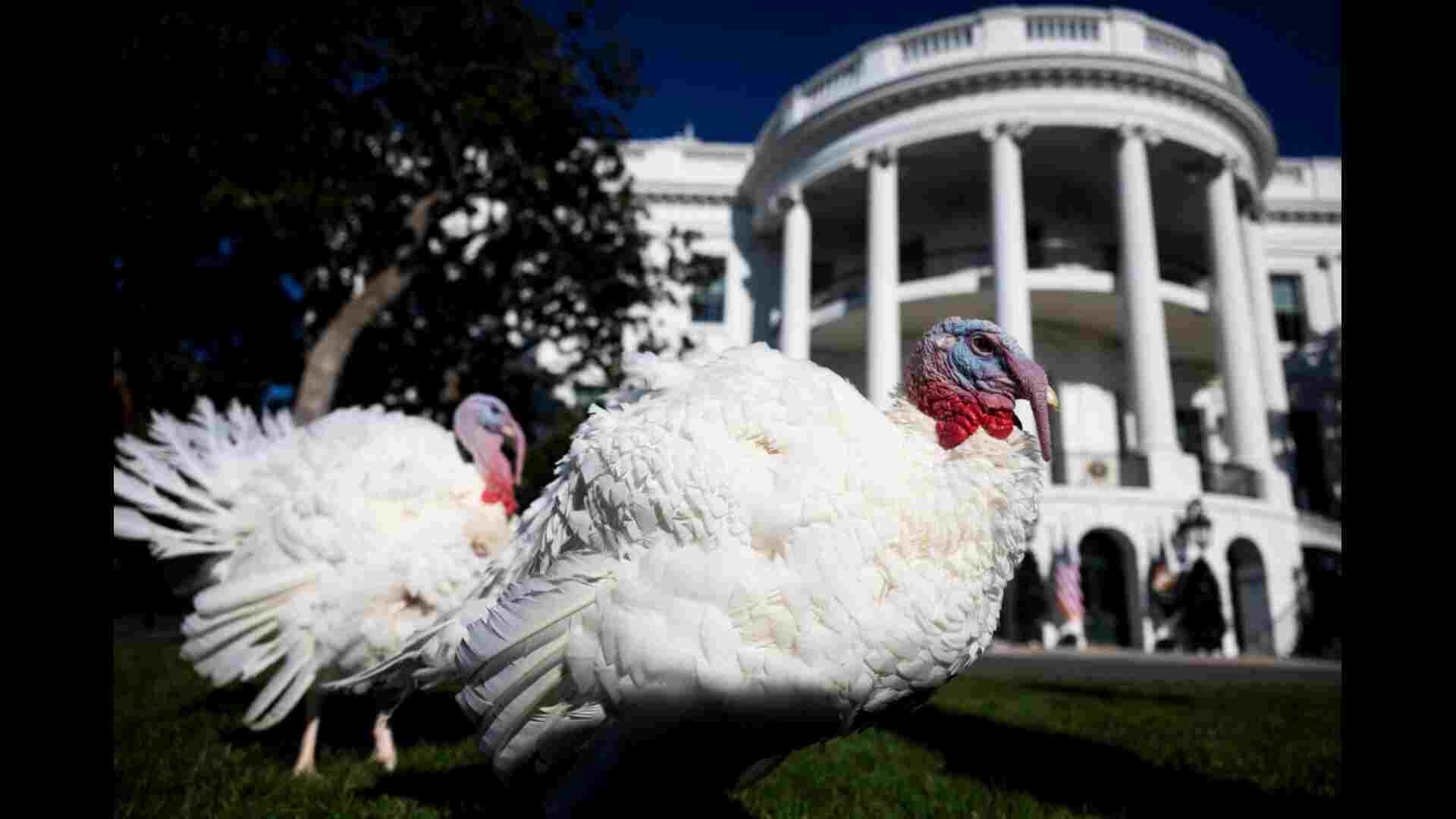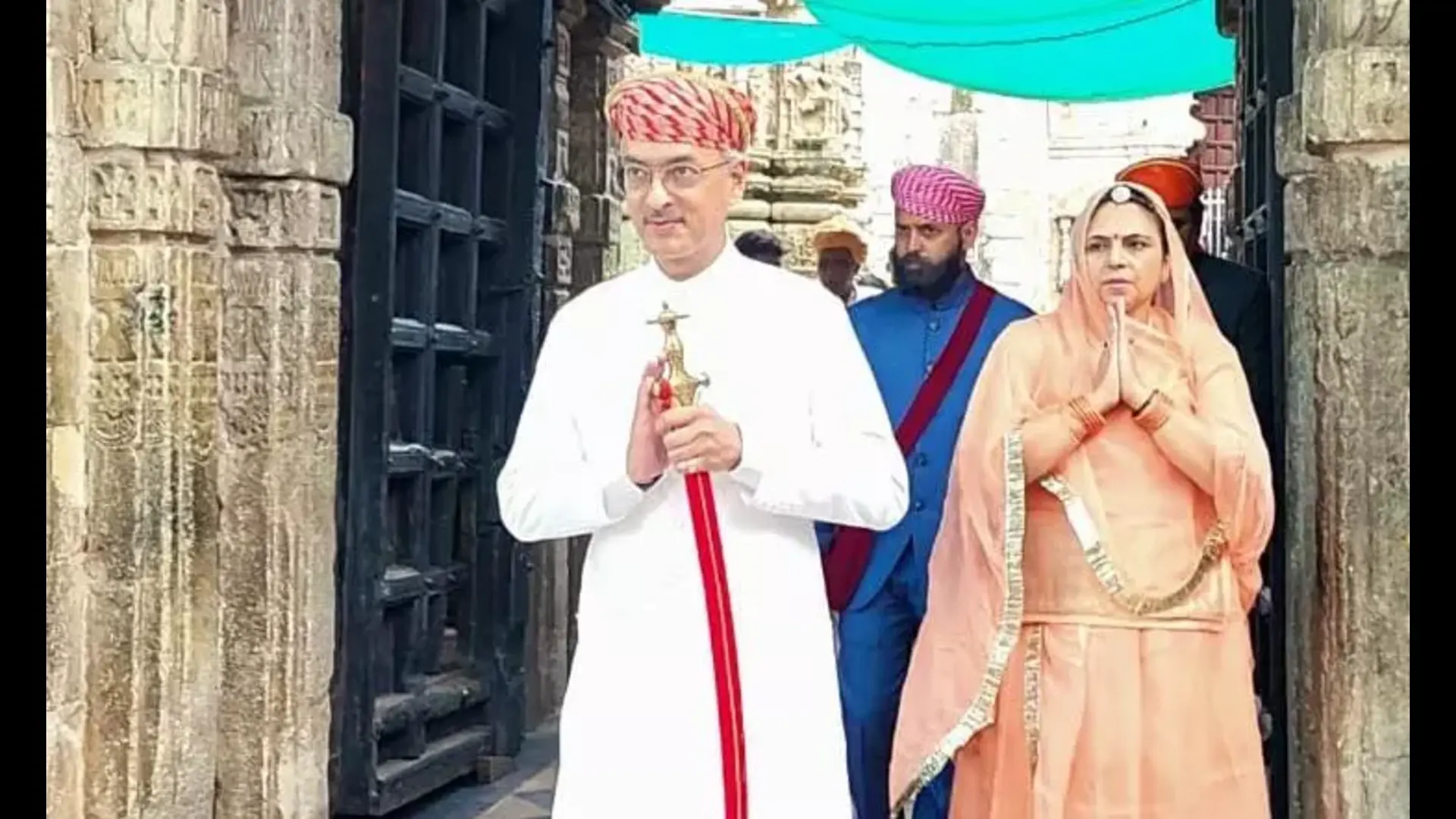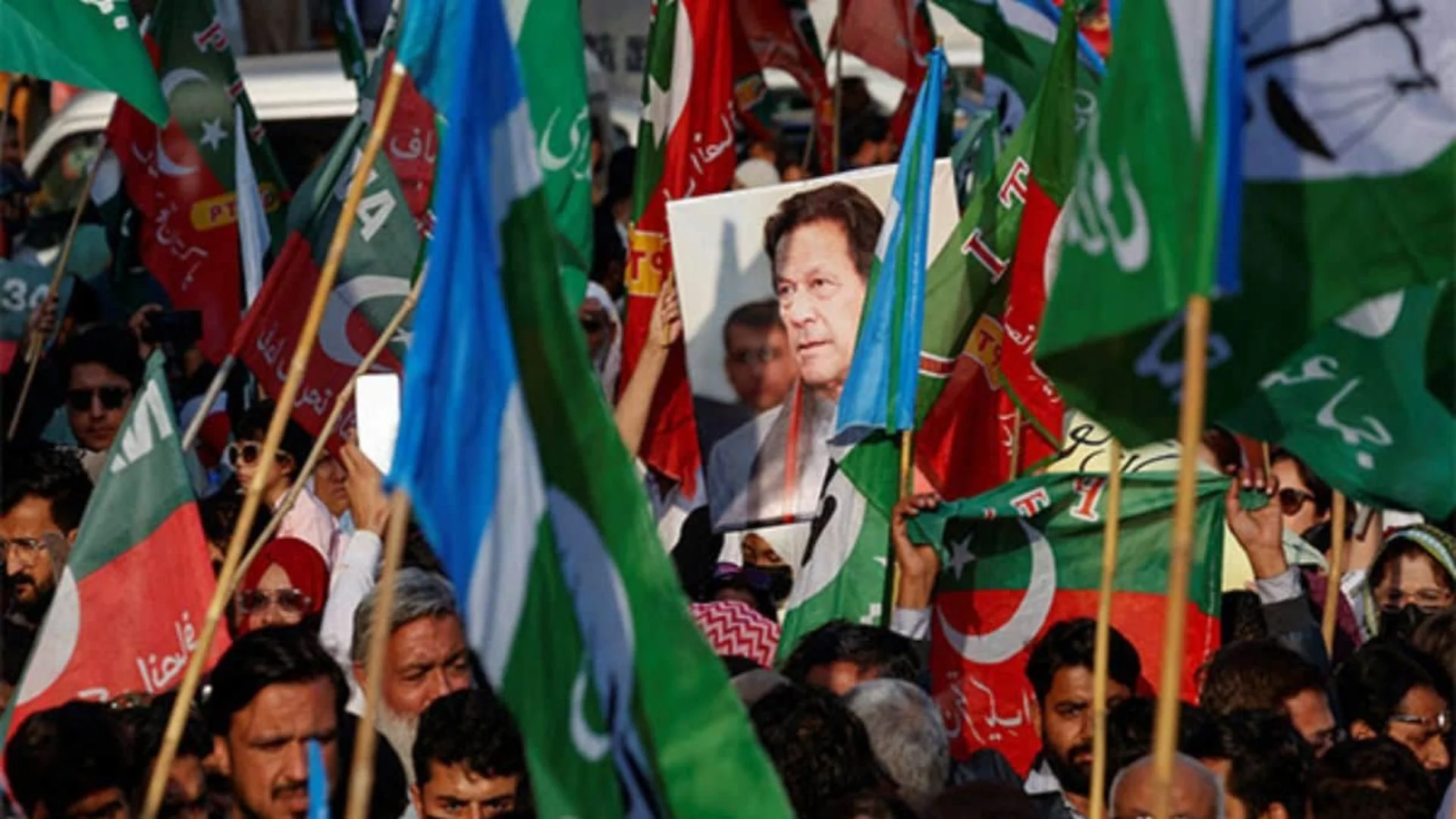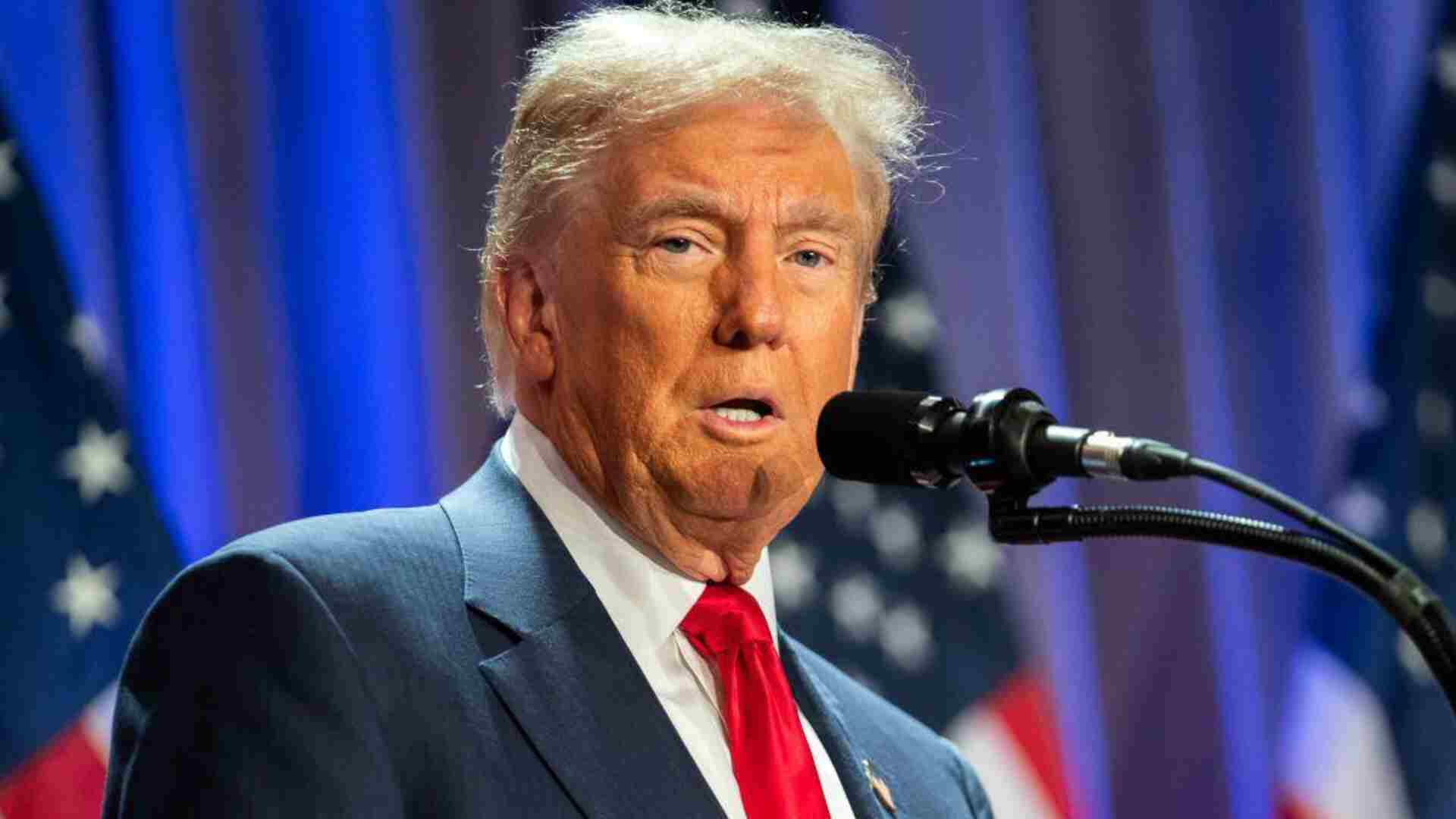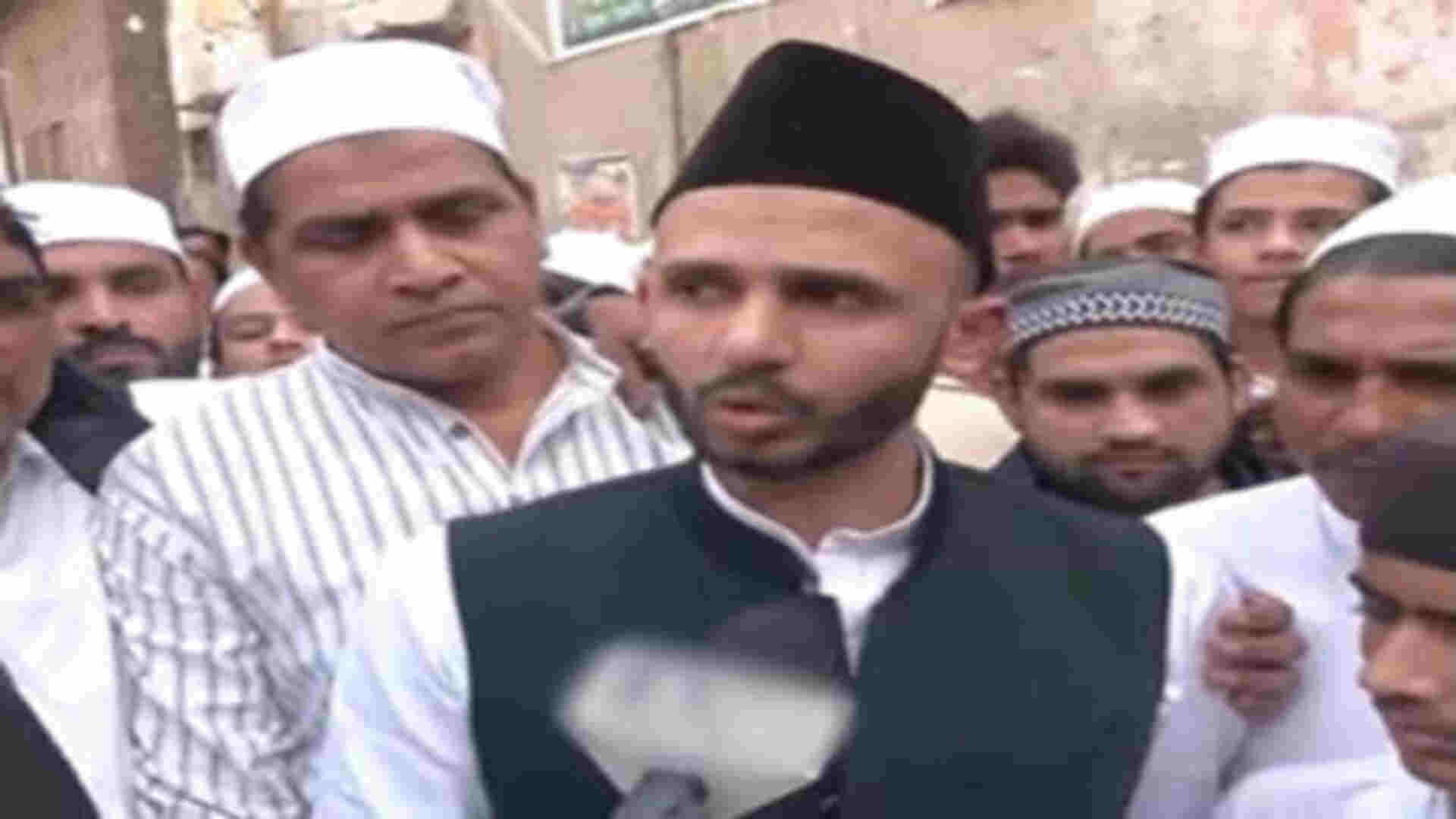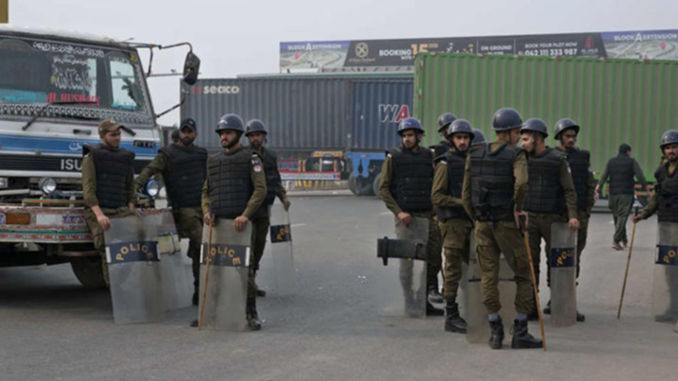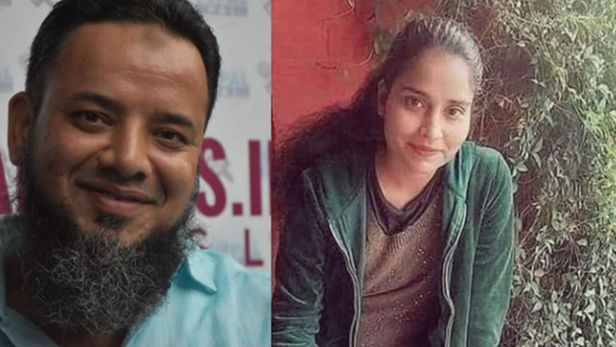Other notable highlights of this festival include the premieres of documentaries spotlighting various iconic figures such as Liza Minnelli (‘Liza: A Truly Terrific Absolutely True Story’), Harry Belafonte (‘Following Harry’, which delves into his life and legacy through the lens of artists and activists continuing his work, followed by the presentation of the 2024 Harry Belafonte Voices for Social Justice Award), Renee Elise Goldsberry (‘Satisfied’), Ani DiFranco (‘1-800-ON-HER-OWN’), Linda Perry (‘Let It Die Here’), and Avicii (‘I’m Tim’). Additionally, dream hampton’s (‘It Was All a Dream’) and the Andrew McCarthy-directed BRATS will be showcased, along with the New York premiere of Dawn Porter’s documentary on Luther Vandross, ‘Never Too Much’.
The Tribeca Festival lineup includes screenings of several highly anticipated films, including “Jazzy,” featuring Lily Gladstone in Morrisa Maltz’s follow-up to “The Unknown Country”; “Daddio,” starring Dakota Johnson and Sean Penn; “Firebrand,” starring Alicia Vikander and Jude Law; “Sacramento,” directed by Michael Angarano and starring Michael Cera, Kristen Stewart, and Maya Erskine; “All That We Love,” starring Margaret Cho and Jesse Tyler Ferguson; the psychological thriller “McVeigh,” based on the Oklahoma City bombing; and the world premiere of Tiffany Paulsen’s “Winter Spring Summer or Fall,” starring Jenna Ortega and Percy Hynes White.
Additionally, the festival will showcase two documentary premieres focusing on comedians: “Group Therapy,” produced by Kevin Hart and featuring Neil Patrick Harris, Mike Birbiglia, and Tig Notaro; and “Outstanding: A Comedy Revolution,” highlighting comedians like Lily Tomlin, Wanda Sykes, Rosie O’Donnell, Hannah Gadsby, and Joel Kim Booster.
Jane Rosenthal, co-founder and CEO of the Tribeca Festival, expressed excitement for the 23rd edition, noting how it mirrors contemporary culture and embraces the spirit of the present. She highlighted the festival’s exploration of artificial intelligence with Demis Hassabis and its thought-provoking discussions on the future of democracy. Rosenthal emphasized the power of storytelling to unite people, particularly during challenging times, and looked forward to engaging audiences in meaningful conversations on pertinent topics.
